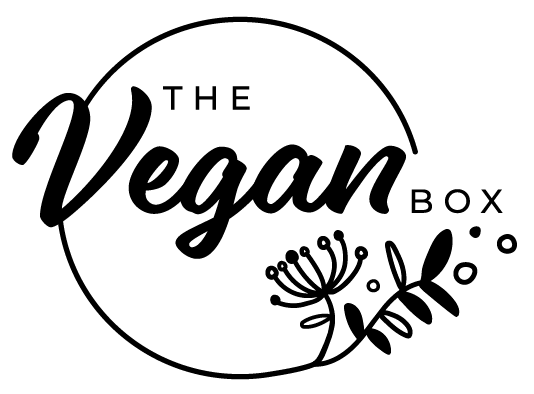In the January Vegan Box you will find a sample of Coconut Chips by Coconut Essence. Not only are they a delicious and convent snack, but coconut is also highly nutritious and loaded with beneficial health properties.
Coconuts are indeed one of natures most nutritious and amazing super foods. From the water to the flesh to the oil, coconuts are considered to be the single most nutritious food on the planet!
Enjoying natural coconut products on a regular basis has numerous health benefits. Coconut flesh and coconut oil has been shown to contribute to healthier skin and hair, lower cholesterol levels, assist weight loss, increase levels of immunity and improve digestion and metabolism. It has been shown to provide relief from kidney problems, heart disease, high blood pressure, diabetes, HIV and other viruses and illnesses, both internal and external.
The reason it is so effective is because of the high levels of lauric acid, capric acid and caprylic acid in coconuts. The presence of these acids contributes to coconuts antioxidant, antifungal, antibacterial, antimicrobial and antiviral properties. These fatty acids are referred to as short-term, medium-chain saturated fatty acids, which is a healthy form saturated fat. Our body metabolizes these fats in the liver, immediately converting this into energy in the form of fuel for the brain and muscle function, rather than it being stored as fat.
Desiccated coconut, coconut flakes and shredded coconut all come from the flesh of the coconut and therefore maintain the highly nutritious properties of the raw flesh and untreated oil.
Coconut milk that you buy in a tin from the supermarket is made from the dried coconut flesh, however store bought products may not be the healthy alternative you imagine them to be. Bisphenol-A (BPA) is a chemical that is used in the lining of certain canned foods. BPA especially leaches into canned foods that are acidic, salty or fatty, such as coconut milk. BPA exposure has recently been found to be very common, with 93% of adults showing signs of BPA in their system. Tinned coconut milk also often contains preservatives and sulfites. New coconut milk products appearing on supermarket shelves as a non-dairy milk substitute, are also typically laden with sugar and artificial ingredients.
The good news is that making your own coconut milk is very easy and it ensures that your body is given access to all of the wonderful properties of coconut, without any nasty additions.
Coconut milk is made exactly the same way as almond milk, except it is even easier- it requires no soaking. You can simply blend the organic desiccated coconut with filtered water, strain it through a nut milk bag and you will be left with a light, creamy milk.
If you are used to making almond milk at home, try switching out your almonds for coconut next time you need to fill up your milk jars in the fridge! It is delicious with raw buckwheat cereal, sprouted granola or even warmed with dandelion tea or chai. It is great in smoothies too or any other recipe that requires milk.
Ingredients-
- 1 cup of organic desiccated coconut (make sure you use organic coconut as conventional coconut contains preservatives and sulphites)
- 3 cups of filtered water
Blend the coconut and water at high speed on your blender for around one minute.
Pour the contents of the blender jug into a nut milk bag and strain well, pressed out all the liquid into a bowl and keeping the fine coconut in the bag.
When the liquid is fully strained, transfer the milk to a glass jar or bottle to store in your fridge. You can empty the contents of the nut milk bag into another container and store the coconut meal for a dessert recipes too.
Feel free to flavour the milk by adding 1-2 fresh dates, a touch of salt or a dash of cinnamon. It is versatile like nut milk.





